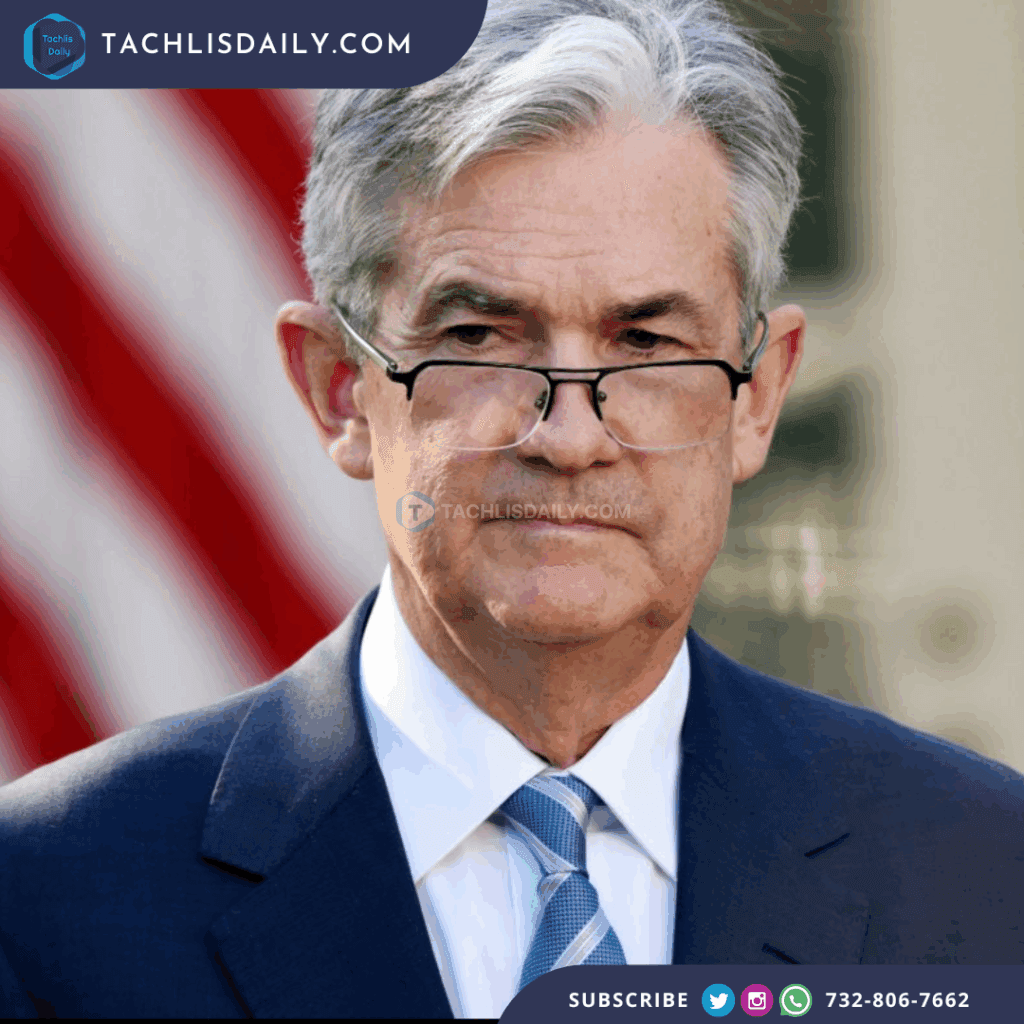President Donald Trump briefly set off alarms across financial and political circles this week after reportedly telling Republican lawmakers he was likely to fire Federal Reserve Chair Jerome Powell—only to publicly walk back the statement a day later, calling such a move “highly unlikely.”
According to multiple insiders familiar with a closed-door conversation Tuesday night, Trump suggested he was leaning toward removing Powell, citing frustrations over interest rate policy and growing anger over a costly $2.5 billion renovation of the Federal Reserve’s Washington, D.C., headquarters. While GOP lawmakers were reportedly supportive of Powell’s removal during the meeting, Trump changed his tone when speaking with reporters the following day at the White House.
“We’re not planning on doing anything,” Trump said Wednesday. “I don’t rule out anything, but I think it’s highly unlikely. Unless he has to leave for fraud.”
Still, the president did not completely rule out the possibility, hinting that Powell’s position could come under scrutiny if evidence of mismanagement or misconduct emerged related to the Fed’s headquarters revamp—an expense that has drawn scrutiny and criticism across party lines for its ballooning cost and perceived extravagance.
Trump’s initial comments triggered market turbulence early Wednesday, with the Dow Jones Industrial Average plunging nearly 400 points before recovering as the president tempered his stance. The index eventually closed up 231 points, settling at 44,254.78.
Powell, who was appointed by Trump in 2018 and whose term ends in May 2026, has faced mounting criticism from the administration for resisting interest rate cuts despite persistent pressure. He recently testified before the Senate Banking Committee, denying allegations of financial waste related to the Fed’s headquarters overhaul—though official documents have since emerged appearing to contradict parts of his testimony.
While Trump denied reports that he had drafted a formal letter of dismissal, insiders within the administration suggested the episode may have been an attempt to apply public pressure on Powell to resign voluntarily. One official described it as a strategy to “turn the screws” on the central bank chief amid growing frustrations within the White House.












